The Do’s and Don’ts of Filling a Mini Skip Bins in Brisbane
Mini skip bins are a popular choice for residents and businesses when managing waste in Brisbane. They’re the perfect size for small to medium clean-up jobs, renovations, or garden projects, offering efficient and convenient ways to dispose of unwanted materials. However, like any waste disposal method, there are special rules and guidelines to ensure everything goes smoothly. We’ll explore the do’s and don’ts of filling a mini skip bin, helping you make the most of your bin hire while staying compliant with local regulations.
Understanding Mini Skip Bins
Mini skip bins usually range from 2 to 4 cubic metres, making them ideal for smaller projects. They can handle a surprising amount of waste, but it’s important to know what you can and cannot put in them to avoid any issues.
The Do’s of Filling a Mini Skip Bin
Let’s start with the things you should do when filling your mini skip bin:
1. Plan Ahead
Before you start throwing things into your mini skip bin, take some time to plan what you’ll be disposing of. This helps you:
- Maximize space within the bin
- Ensure you’re not mixing incompatible materials
- Identify any items that may require particular disposal
Planning goes a long way in making the process more efficient and cost-effective.
2. Sort Your Waste
Sorting your waste before tossing it into the skip bin is smart and can be environmentally responsible. Separate your waste into categories such as:
- General waste: Household rubbish, toys, and non-recyclable items
- Green waste: Garden clippings, branches, and leaves
- Recyclables: Cardboard, paper, plastics, and metals
- Construction waste: Bricks, tiles, and concrete
This makes it easier to pack your bin and can help with recycling efforts at the waste facility.
3. Pack Efficiently
Maximizing the space in your mini skip bin is crucial. Here’s how to do it:
- Break down large items: Disassemble furniture or flatten boxes to save space.
- Make sure to place heavier items at the bottom: This creates a stable base and allows you to fill gaps with lighter waste.
- Fill in the gaps: Use smaller items to fill any spaces between larger objects, ensuring the bin is filled.
4. Follow Local Regulations
Brisbane, like many places in Australia, has specific regulations about what can and cannot go into skip bins. Make sure to:
- Check local guidelines: Ask your skip bin provider for up-to-date information or visit the Brisbane City Council’s website.
- Adhere to weight limits: Mini skip bins have a weight capacity, so avoid overloading them to prevent additional charges or safety issues.
5. Know What You Can Dispose Of
Most general, green, and recyclable waste can go into your mini skip bin. Here’s a list of commonly accepted items:
- Household waste: Including old clothes, toys, and general rubbish
- Furniture: Such as tables, chairs, and sofas (disassembled if possible)
- Garden waste: Grass clippings, leaves, small branches, and tree trunks
- Construction materials: Tiles, bricks, concrete, and timber
- Recyclable materials: Paper, cardboard, plastics, and metals
The Don’ts of Filling a Mini Skip Bin
While there’s a lot you can throw into a mini skip bin, there are also things you absolutely should avoid. Let’s break down the don’ts:
1. Don’t Overfill the Bin
It might be tempting to keep piling up waste to get your money’s worth, but overfilling a skip bin is a big no-no. Most skip bin companies will have a “fill line” indicating the maximum level to which the bin can be filled. Overfilling can lead to:
- Safety hazards: Waste could fall out during transport, posing a risk to others on the road.
- Additional fees: You might be charged extra for overfilling, or the excess waste might be left behind.
- Refusal to collect: The skip bin company may refuse to pick up an overfilled bin until it’s reduced to an acceptable level.
2. Don’t Dispose of Hazardous Materials
General Skip bins are not designed for hazardous waste. These items require special disposal methods like asbestos skip bin hire to ensure safety and environmental protection. Hazardous materials you should never put in a skip bin include:
- Asbestos: Highly dangerous and requires professional removal.
- Batteries: Contain chemicals that can leak and cause environmental damage.
- Paints and solvents: Flammable and potentially toxic.
- Chemicals: Such as pesticides, herbicides, and industrial cleaners.
- Gas cylinders: Pressurized and pose a risk of explosion.
- E-waste: Old electronics contain toxic elements and should be recycled separately.
If you have hazardous waste, contact us. We have an asbestos skip bin hire service that can handle these items safely.
3. Don’t Mix Waste Types Incorrectly
While mini skip bins are versatile, not all waste types should be mixed together. For example:
- Green waste: Should not be mixed with construction waste, as it can complicate the recycling process.
- Construction materials: Should be kept separate from general waste if possible to facilitate recycling.
- E-waste: Should be disposed of separately from general waste as it has the presence of hazardous components.
Mixing incompatible waste types can lead to the entire load being classified as general waste, which is less environmentally friendly and may incur additional costs.
4. Don’t Ignore Weight Limits
Exceeding the weight limit of your mini skip bin can lead to several issues:
- Safety concerns: Overloaded bins are harder to transport and can cause accidents.
- Property damage: Heavy bins may damage driveways or footpaths during loading and unloading.
- Extra costs: Skip bin companies often charge by weight, so going over the limit can increase your hire costs significantly.
Always check the weight limits with your skip bin provider and avoid overloading.
5. Don’t Put Prohibited Items in the Bin
Every skip bin company will have a list of prohibited items, which usually includes:
- Tires: Difficult to dispose of and often require special processing.
- Liquids: Including oils, fuels, and other liquids that can spill and cause contamination.
- Medical waste: Requires specialized handling to prevent health risks.
- Large tree stumps: Often too heavy and difficult to handle within a mini skip bin.
- Appliances with Freon: Such as old fridges, which require special disposal due to environmental regulations.
Always check the list of not allowed or prohibited items before filling your skip bin to avoid fines or the hassle of removing the items yourself.
Why Following the Do’s and Don’ts Matters
Adhering to the do’s and don’ts of filling a mini skip bin isn’t just about following the rules; it’s about ensuring safety, efficiency, and environmental responsibility. When you follow these guidelines, you:
- Ensure the safety of yourself and others
- Help streamline the waste disposal process
- Contribute to Brisbane’s sustainability efforts
- Avoid additional costs and potential fines
Using a mini skip bin is a fantastic way to manage waste from small to medium projects around your Brisbane home. By following the do’s and don’ts outlined in this guide, you can make the most of your skip bin hire while keeping everything safe and compliant. Remember, a little planning and adherence to local guidelines go a long way in ensuring a smooth and hassle-free experience.
Whether you’re tackling a home renovation, garden clean-up, or just decluttering, a mini skip bin can be your best friend. To make sure you choose the right size, take advantage of our skip bin calculator. It’s designed to help you estimate the volume of waste you have, ensuring you get the perfect bin for your needs. Just be sure to use it wisely, and you’ll be on your way to a cleaner, more organized space in no time!
Copyright © 2017 Take Away Bins | All rights reserved. | Terms & Conditions | Privacy Policy
Website Design and Development by RingIT.com.au

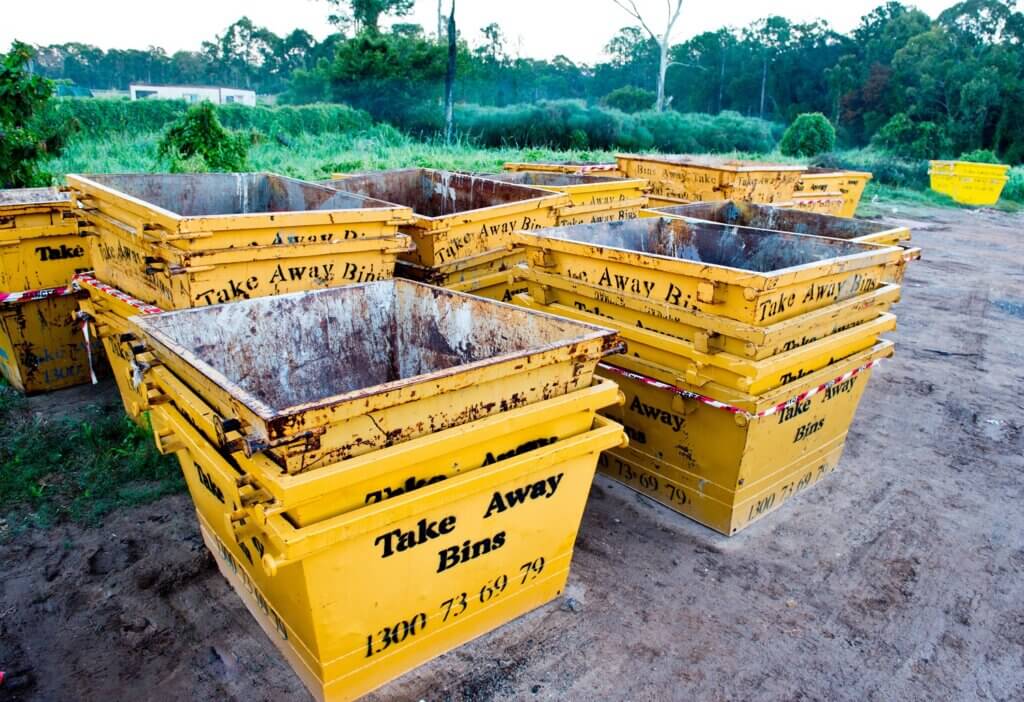

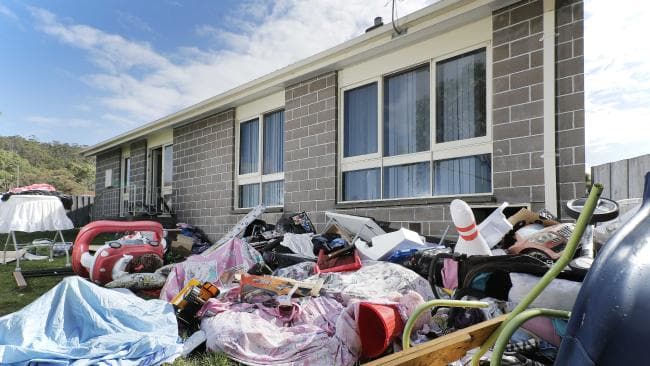
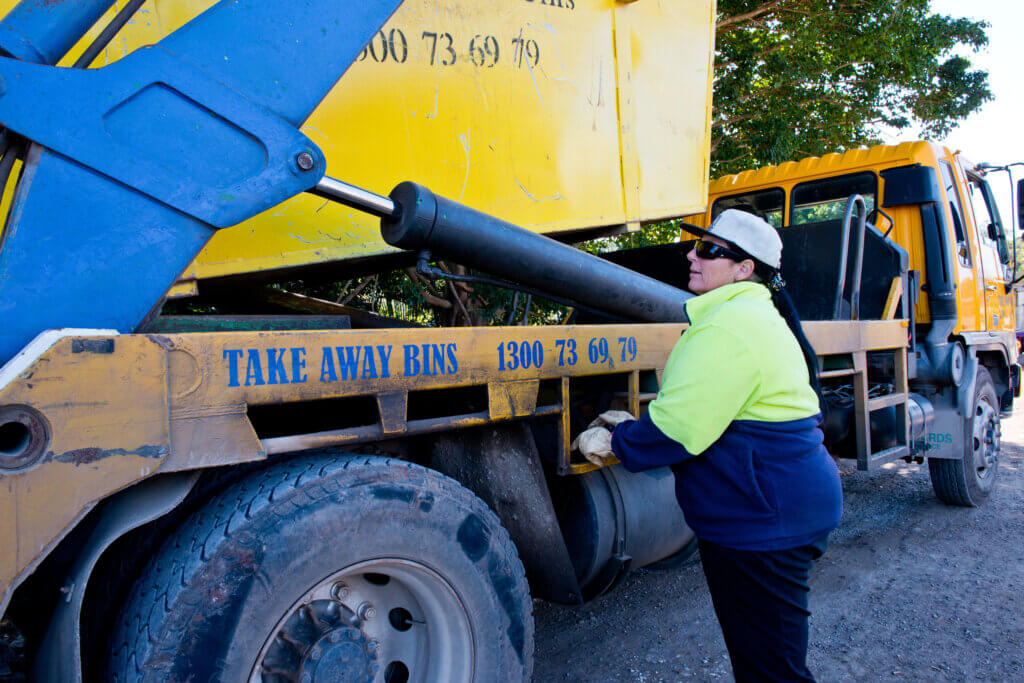




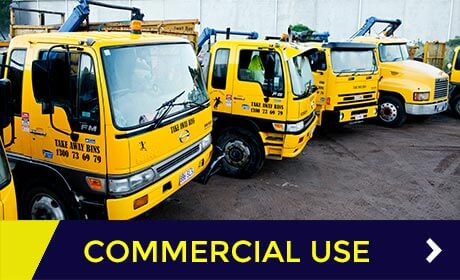
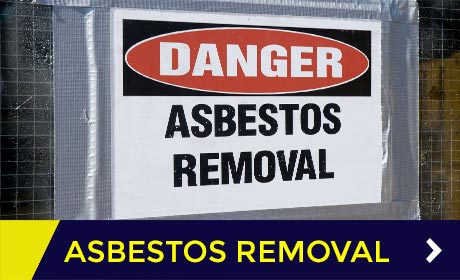

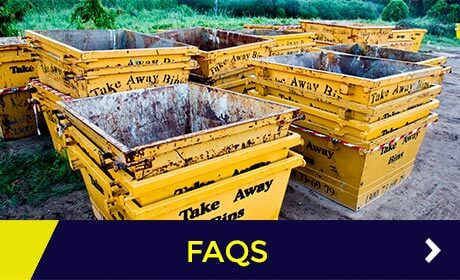

0 Comments